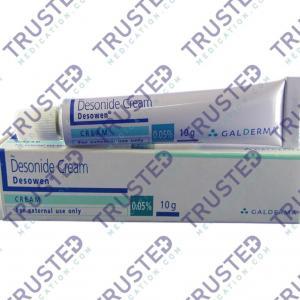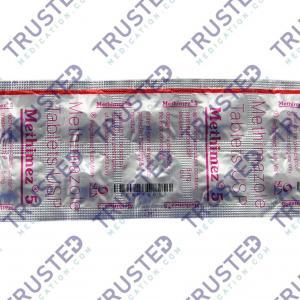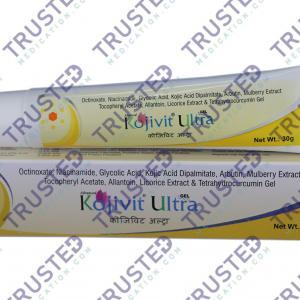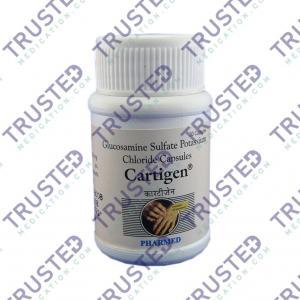
Heartburn medications come in two forms; antacids and blockers. Your heartburn medication could be working too well. Decreasing acid in your stomach to squelch symptoms from acid reflux or GERD could upset your stomach’s natural balance of acid that protects you from other ailments. Talk with your doctor about which medications work best for you based on your medical history, symptoms and current health issues.
What are the Types of Medications for Heartburn?
There are three classes of medications for the treatment of heartburn.
Antacids
Antacids relieve heartburn. They change the stomach acid that causes heartburn. Common antacids include:
- Tums
- Rolaids
- Mylanta
H2 Blockers
H2 blockers prevent and relieve heartburn and work by lessening the amount of acid made by the stomach. Frequently, they start to work within one to three hours and provide acid suppression for a few hours. Acid reducers may interact with certain other medicines. Ask your doctor or pharmacist if you take a prescription drug before use. Common OTC H2-blockers include:
- Tagamet HB (cimetidine)
- Pepcid Complete or Pepcid AC (famotidine)
- Axid AR (nizatidine)
Proton pump inhibitors (PPIs)
OTC PPIs treat frequent heartburn and are not intended for immediate relief of heartburn, as they may take one to four days for full effect. In contrast, prescription PPIs treat conditions such as gastroesophageal reflux disease (GERD), inflammation of the esophagus, and stomach and small intestine ulcers. PPIs work by decreasing the total of acid made by the stomach. Since acid reducers may interact with certain other medicines, ask your doctor or pharmacist if you take a prescription drug before use. PPIs are only used for a 14-day course of treatment and can be used up to three times per year.
- Prevacid 24HR (lansoprazole)
- Nexium 24HR (esomeprazole)
- Prilosec OTC (omeprazole magnesium)
- Zegerid OTC (omeprazole and sodium bicarbonate)
The recommended medication you can use:
- Milk Thistle is a herbal supplement often used to protect and detox vital liver functions. It is prescribed for patients with liver problems. Milk thistle is an anti-oxidant, anti-inflammatory and anti-viral. It may also help in decreasing the production of cancer cells.
What are the Benefits of These Medications?
- Antacids lessen the effects of acid in your stomach. They do this by neutralizing the acid. Antacids can provide fast, short-term relief.
- H2 blockers reduce the amount of acid your stomach makes. While they don’t relieve symptoms as quickly as antacids, they last longer. H2 blockers usually start to work within an hour.
- Proton pump inhibitors (PPIs) reduce your body’s production of acid. They work well for heartburn that isn’t resolved by antacids or H2 blockers. A PPI may take a little longer to help your symptoms, but relief will last longer. Most forms start working in a few days.
What are the Possible Side Effects of These Medications?

In deciding to use a medication, the risks of taking it must be weighed against the good it will do. It is a decision for you and your doctor to make. For this medication, the following must be considered:
- Allergies. Inform your doctor if you have ever had any unusual or allergic reaction to this medicine or other medications. In addition, tell your health care professional if you have any other allergies, such as to foods, dyes, preservatives, or animals.
- Pediatric. Appropriate studies have not demonstrated pediatric-specific problems that would limit the usefulness of omeprazole in children 1 to 16 years of age.
- Geriatric. Appropriate studies have not demonstrated geriatric-specific problems that would limit the usefulness of omeprazole in the elderly. Conversely, elderly patients are more sensitive to the effects of this medicine than younger adults.
- Breastfeeding. There are no adequate studies on women to determine infant risk when using this medicine during breastfeeding. Weigh the possible benefits against the risks before taking medicine while breastfeeding.
- Drug Interactions. Even though certain medicines should not be used together, in other cases, two different medicines may be used together even if an interaction occurs. Your doctor may want to change the dose, or other precautions may be needed.








